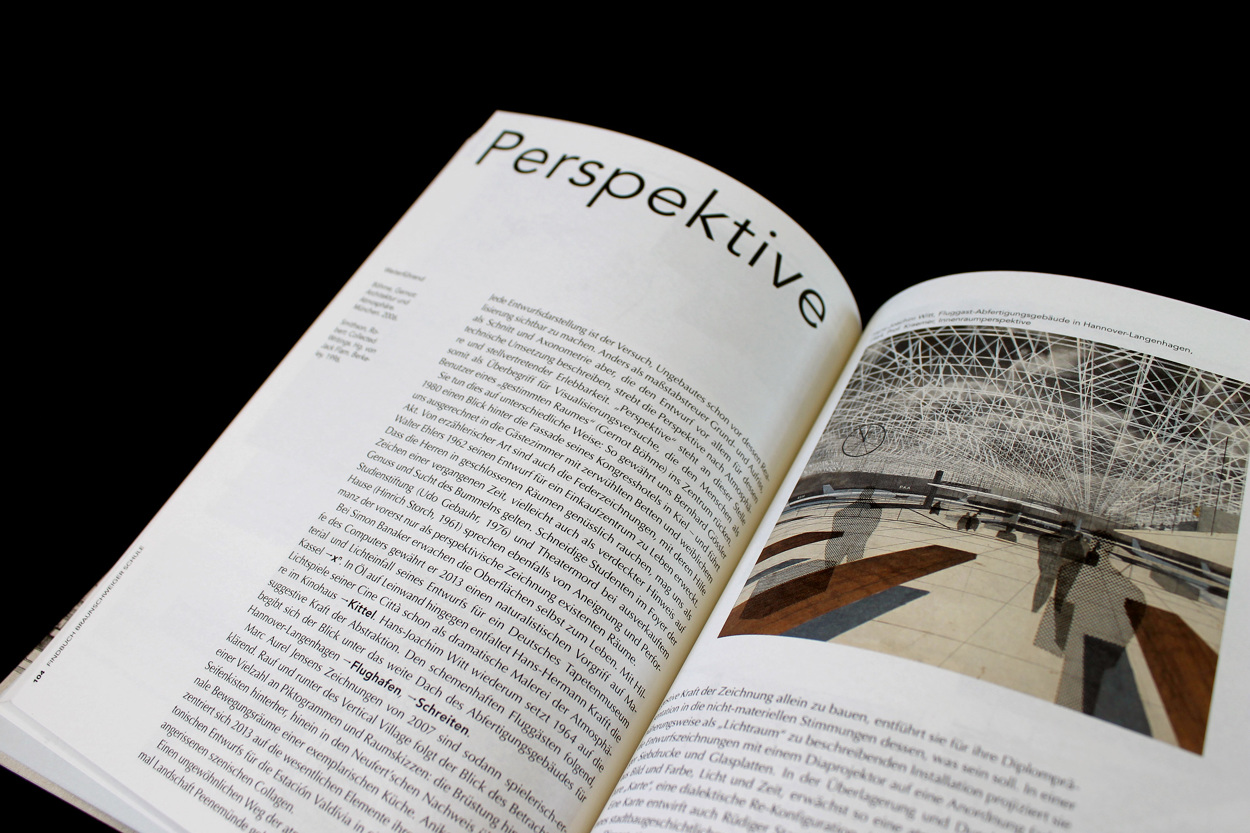Indigenous Scientists: Protecting Data And Culture

Table of Contents
The Significance of Indigenous Data Sovereignty
Data sovereignty, in the context of Indigenous communities, refers to the right of Indigenous peoples to govern the collection, ownership, access, use, and sharing of their data. This is not merely about technological control; it's fundamentally about the inherent connection between data and cultural identity. For Indigenous peoples, data isn't just information; it's a reflection of their history, traditions, and worldview.
- Data as a form of cultural expression: Stories, songs, ceremonies, and traditional ecological knowledge (TEK) are often documented digitally, making data a crucial aspect of cultural preservation and transmission.
- Data reflecting traditional ecological knowledge (TEK): TEK, encompassing generations of observations and practices related to the environment, is often stored in databases and used for environmental management and conservation. Protecting this data is crucial for maintaining environmental stewardship and cultural continuity.
- Data as a source of community empowerment: Data can empower Indigenous communities by providing insights for self-governance, resource management, and advocacy. Access to and control over this data is essential for informed decision-making.
- Data misuse leading to cultural appropriation and harm: Without proper safeguards, data can be misused, leading to cultural appropriation, misrepresentation of Indigenous knowledge, and causing significant harm to communities.
Challenges Faced in Protecting Indigenous Data
The historical context is crucial to understanding the challenges facing Indigenous communities in protecting their data. Centuries of colonialism have resulted in the exploitation of Indigenous knowledge and resources, often without consent or benefit-sharing. This historical legacy continues to shape power imbalances in contemporary research collaborations.
- Historical context of data exploitation: Research projects conducted without informed consent or with a focus on extracting knowledge without reciprocal benefits have severely damaged trust between researchers and Indigenous communities.
- Power imbalances in research collaborations: Unequal partnerships, where researchers from dominant cultures hold more power, can lead to the prioritization of external research agendas over Indigenous needs and priorities.
- Issues of informed consent and benefit-sharing: Meaningful informed consent requires culturally appropriate communication and ensures that Indigenous communities benefit directly from research involving their data.
- Further challenges:
- Lack of culturally appropriate research protocols.
- Limited access to technology and resources for data management.
- Concerns about data security and privacy, especially given the sensitivity of the information involved.
- Difficulties in navigating complex legal frameworks and intellectual property rights.
Strategies for Protecting Indigenous Data and Culture
Indigenous communities are actively developing and implementing strategies to regain control over their data and protect their cultural heritage. This involves a range of approaches, from establishing community-led research initiatives to developing sophisticated data governance frameworks.
- Community-led research initiatives: Empowering Indigenous communities to lead research projects ensures that research priorities are aligned with their needs and that data is managed according to their values.
- Data governance frameworks: These frameworks provide a structure for decision-making regarding data access, use, and sharing, ensuring that Indigenous communities retain control over their information.
- Technology for secure data storage and access: Utilizing secure technologies, including cloud-based solutions and blockchain technology, can enhance data security and control.
- Further strategies:
- Developing culturally appropriate data management protocols.
- Establishing Indigenous-led research centers and institutions.
- Implementing data access and control mechanisms to ensure only authorized individuals have access.
- Utilizing blockchain technology for secure and transparent data sharing.
- Promoting Indigenous knowledge and methodologies in data science.
The Role of Collaboration and Partnerships
Respectful and equitable collaborations between Indigenous communities and researchers are essential for protecting Indigenous data sovereignty. These partnerships must prioritize Indigenous self-determination and ensure that benefits are shared fairly.
- Collaborative data governance structures: Jointly developing data governance frameworks fosters mutual understanding and ensures that Indigenous voices are central to decisions about data management.
- Joint ownership and control of data: Shared ownership models ensure that Indigenous communities retain control over their data and benefit from its use.
- Capacity building and knowledge sharing: Investing in training programs for Indigenous data managers and scientists strengthens their capacity to manage and utilize their data effectively.
- Open communication and transparency: Maintaining open and transparent communication throughout the research process builds trust and fosters mutual respect.
Conclusion
Protecting Indigenous data and culture is crucial for maintaining cultural integrity, fostering self-determination, and ensuring equitable benefits from research involving Indigenous communities. This requires a fundamental shift towards Indigenous data sovereignty, embracing community-led research practices, and developing robust strategies for data management and control. The challenges are significant, but through collaboration, empowerment, and innovative solutions, we can ensure that Indigenous knowledge is protected and utilized responsibly.
Call to Action: Learn more about supporting Indigenous data sovereignty initiatives and empowering Indigenous scientists in their efforts to protect their valuable cultural heritage and data. Advocate for policy changes that prioritize Indigenous rights and self-determination in research. Let's work together to uphold the principles of Indigenous data sovereignty and ensure the responsible management of Indigenous data.

Featured Posts
-
 Gibraltars Forza Launch Coinsilium Groups Official Event Highlights
May 13, 2025
Gibraltars Forza Launch Coinsilium Groups Official Event Highlights
May 13, 2025 -
 Braunschweiger Schule Erneuter Polizeieinsatz Kinder In Sicherheit
May 13, 2025
Braunschweiger Schule Erneuter Polizeieinsatz Kinder In Sicherheit
May 13, 2025 -
 Government Of India Issues Heatwave Advisory To States
May 13, 2025
Government Of India Issues Heatwave Advisory To States
May 13, 2025 -
 Wnba Las Vegas Aces Make Roster Adjustment
May 13, 2025
Wnba Las Vegas Aces Make Roster Adjustment
May 13, 2025 -
 Inter Napoli En Atalanta Wie Wint De Scudetto Programma En Analyse
May 13, 2025
Inter Napoli En Atalanta Wie Wint De Scudetto Programma En Analyse
May 13, 2025
